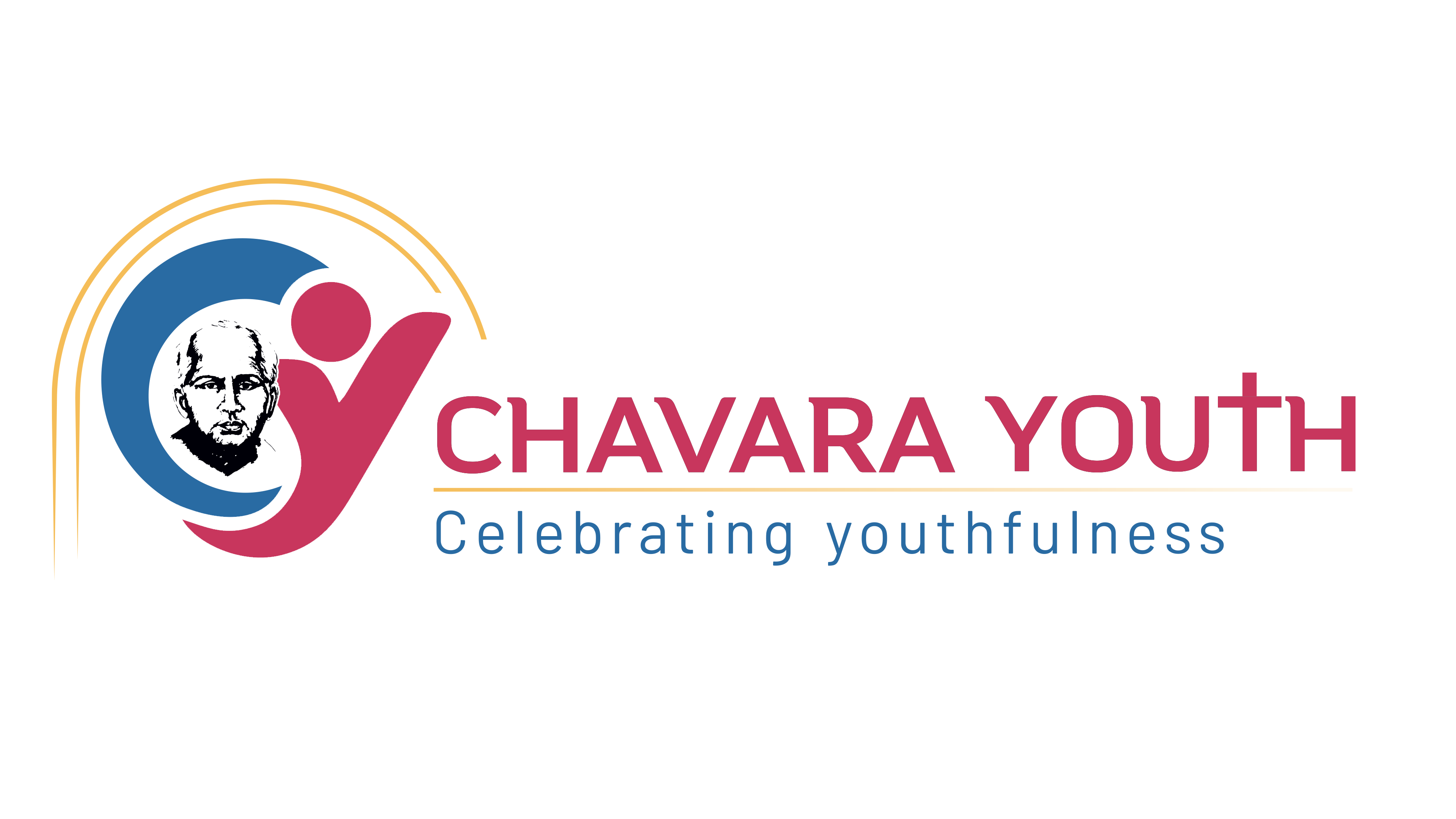Our Founder
St. Kuriakose Elias Chavara – An Inspirational Figure for Youth and Love of the Church, a 19th-century
Indian Catholic priest, the visionary leader who founded the Carmelites of Mary Immaculate (CMI)
congregation which runs Kristu Jayanti College Autonomous, Bengaluru. He was a champion of education, a
social reformer, and a holy man deeply rooted in catholic spirituality.
He was born on February 10, 1805, in Kainakary, Kerala, India, and passed away on January 3, 1871. Saint
Chavara is best known for his significant contributions to the fields of education and social reform in the
state of Kerala.
Saint Chavara was born into a devout Syro-Malabar Catholic family. From a young age, he displayed
exceptional intelligence and a strong inclination towards spirituality. He was educated in traditional
Kerala schools and later in a seminary. In 1829, he was ordained as a priest and served in various
capacities within the church. He was deeply committed to spiritual and social upliftment.
Saint Chavara, along with Fr. Thomas Palackal, Fr. Thomas Porukkara, and Bro. Yakob Kaniyanthara founded the
Carmelites of Mary Immaculate (CMI) for men and is considered India's first indigenous congregation. To his
credit, there are many firsts in the history of the Kerala Church: the first indigenous religious
congregation for men (CMI), the first Sanskrit School, the first catholic printing press, and the first
Indian congregation for women (CMC). He was the first to edit and publish the East Syrian Breviary. He
prepared the first liturgical calendar in the Malabar Church in 1862, which continued to be used until
recent years. Syriac was first printed in Kerala through his efforts, and the first prayer books in
Malayalam were published at Mannanam under his care.
Saint Chavara was the pioneer of popular education in Kerala and the one who inspired the Catholics to start
schools in every parish along with their churches. That is why in Kerala, schools are popularly called
“Pallikkoodam” – a place for education attached to the church. He introduced a curriculum based on modern
principles and encouraged the education of girls, which was a significant reform at the time. He was a
staunch advocate of social reforms, particularly in the areas of caste discrimination and alcoholism. He
worked to uplift the marginalised communities and promote social equality.
Saint Chavara was a prolific writer and contributed to the Malayalam language literature. He authored
several books, including prayer books and texts on spirituality.
In 1986, Pope John Paul II beatified Kuriakose Elias Chavara, and in 2014, he was canonised as a saint by
Pope Francis. He is venerated as a model of holiness, education, and social reform. His life and work
continue to inspire people in India and worldwide, especially those dedicated to education, social justice,
and spirituality. His legacy as a saint and social reformer remains integral to Kerala's history and
culture.
St Chavara remains a guiding light for youth. He embodied the values of education, inclusivity, social
responsibility, and a profound love for the Church. His legacy encourages youth to cherish education,
advocate for social justice, nurture their spirituality, and serve their communities, all within the
framework of deep devotion to the Church.
